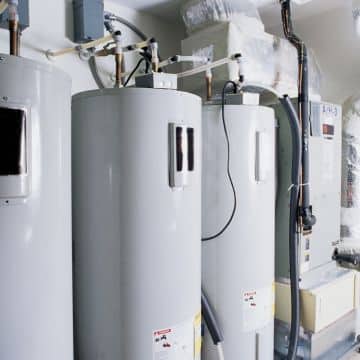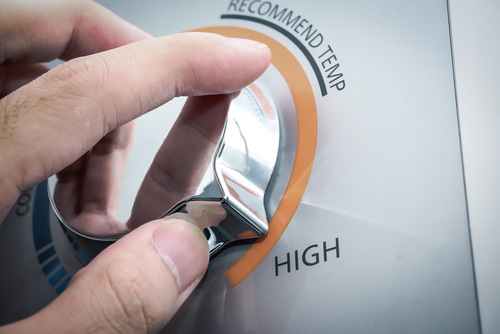Eager to enjoy the comfort of your newly installed water heater but unsure how long it’ll take to deliver that first hot shower? Let’s explore in detail the factors that impact the heating time, offering you a clearer understanding and more precise expectations.
Primary Factors:
- Heater Capacity Explained: A standard 40-gallon tank typically takes about 30-40 minutes to fully heat up using a gas system, whereas an 80-gallon tank might take an hour or more. For electric heaters, add about 20-30 minutes to these times due to their slower heating elements.
- Starting Water Temperature: If the water in your pipes is icy cold, say around 50 degrees Fahrenheit, it will take longer for your heater to raise it to a comfortable temperature, typically set around 120 degrees Fahrenheit.
- Tankless Water Heaters: These devices provide hot water on demand. However, even they have limits. A small tankless heater might struggle to provide hot water quickly if multiple outlets are used simultaneously.
- Gas vs. Electric: Gas heaters are faster because they heat water at a rate of about 50 degrees Fahrenheit per hour, compared to the 25 degrees Fahrenheit per hour of electric heaters.
Installation Factors:
- Proper Installation: An incorrectly installed water heater can significantly increase heating time. It’s vital to have a certified professional do the installation to avoid such issues, not to mention making sure all accessories and connections are up to code for safety.
- Insulation: A well-insulated water heater retains heat better, reducing the time and energy needed to reheat the water.
Troubleshooting Slow Heating Times:
If your water heater takes longer than these average times to heat up, it might be due to:
- Sediment Buildup: Over time, sediment can accumulate at the bottom of the tank, acting as a barrier between the burner and the water.
- Faulty Heating Elements: In electric heaters, one of the elements might have failed, halving the heating capacity.
- Incorrect Size: If your heater is too small for your home, it will constantly struggle to meet the demand.
When to seek Professional Assistance:
Should you encounter any issues with your water heater, our expert team is ready to assist. We can provide:
- Speedy Diagnostics: Quickly identifying and resolving issues that affect heating time.
- Professional Assistance: To prevent common problems and ensure efficient operation.
- Expert Advice: Helping you choose the right size and type of water heater for your needs.
Conclusion:
Use the above guide to gauge if your system is operating as it should. If you need help with your issue please contact us at (206) 228-9721










